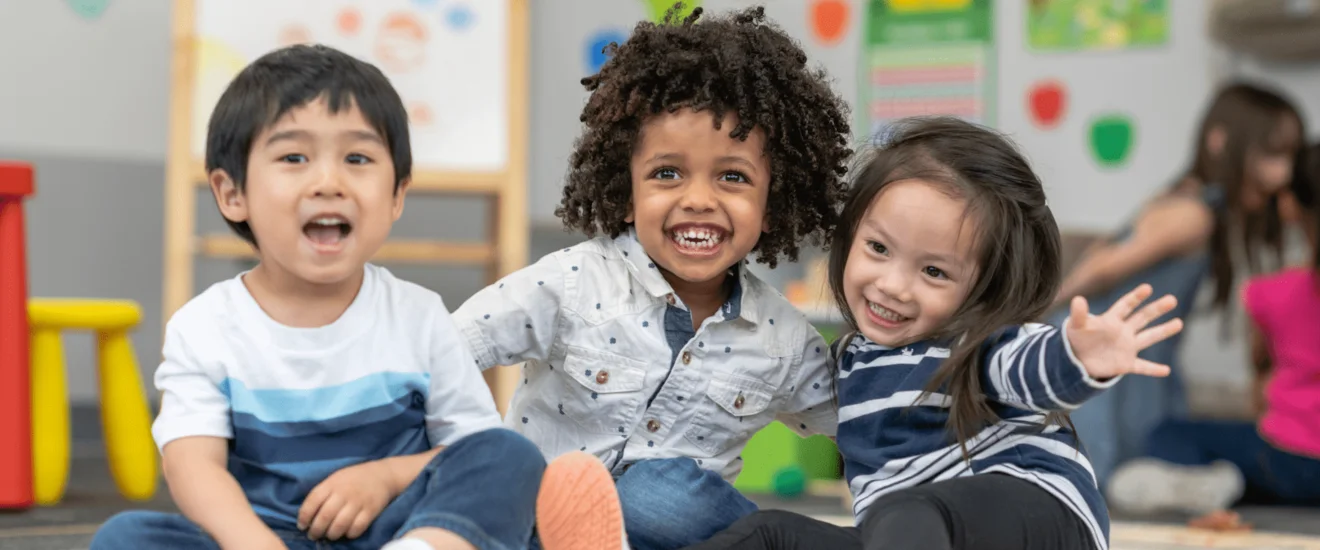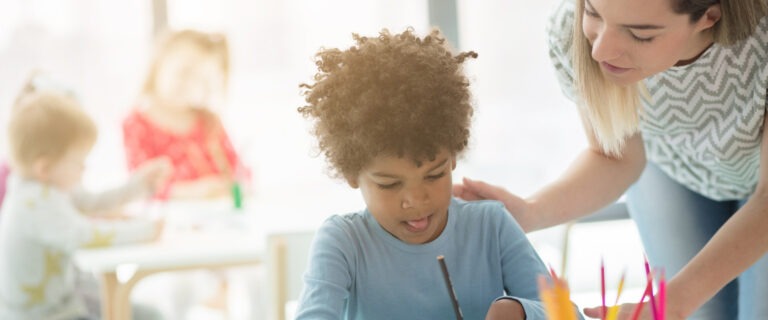Friendship is a fundamental part of childhood. Friendships can provide joy, support, and a sense of belonging.
For children on the autism spectrum, developing friendships can sometimes be challenging. However, the benefits are immense. Friendships can enhance social skills, boost self-esteem, and improve a child’s overall well-being.
The Importance of Friendship for Children on the Autism Spectrum
Friendship plays a crucial role in the social and emotional development of children. For children with autism, friendships can be particularly impactful. Here are some key benefits:
- Social Skills Development: Interacting with peers can help children with autism develop important social skills. Skills such as taking turns, sharing, and understanding social cues.
- Emotional Support: Friendships offer emotional support and companionship. Having friends can help children with autism feel understood and accepted. This can help reduce feelings of loneliness and isolation.
- Increased Self-Esteem: Positive social interactions and strong friendships can boost a child’s self-esteem and confidence. Feeling valued and included by peers can have a lasting positive impact on a child’s self-image.
- Enhanced Coping Skills: Friends provide a supportive network that helps children with autism navigate challenging situations. Friends can make it easier for children to cope with stress and anxiety.
- Joy and Fun: Beyond the developmental benefits, friendships bring joy and fun into children’s lives. Playing and laughing with friends can contribute to a child’s happiness and well-being.
Preparing Your Child with Autism to Make Friends
As a parent, there are many things you can do to help your child with autism make friends before they even begin interacting with their peers such as:
- Explain Friendship: This may seem obvious, but your child needs to understand friends and friendship. In order for a child to reciprocate friendship they need to understand what that means. Abstract concepts, like friendship, can be difficult for children with autism to understand. When explaining friendship, keep things simple and use plain language.
- Support Communication: Communication can be a significant barrier for children with autism. Support your child in developing communication skills, whether through speech therapy, visual aids, or alternative communication (ACC) methods. Clear communication, in any form, can help facilitate social interactions and friendships.
- Teach Social Skills: Help your child develop social skills by modeling appropriate behaviors and providing guidance. Role-playing different social scenarios can be a helpful way to practice greetings, conversations, and other social interactions.
- Practice, Practice, Practice: Practicing interacting with peers can be helpful for a child with autism. Role-play with your child the different aspects of making friends and maintaining friendships. You can practice asking questions, answering questions, sharing toys, and suggesting activities. Consider getting siblings and family friends involved too!
- Use Visuals: Visual guides and social stories can help teach your child about friendship, social skills, communication tools, and much more!
- Talk to Your Child’s BCBA: Your child’s BCBA can provide tailored strategies and interventions to help your child develop social skills and build friendships. ABA (applied behavioral analysis) therapy is a great way to help a child build the social skills necessary for making friends and maintaining friendships. You can click here to learn more about Opya’s earl intervention ABA therapy!
How to Encourage and Foster Friendship
While forming friendships can be challenging for children with autism, parents can play a vital role in supporting their child. Here are some strategies parents can use to help encourage and foster friendships:
- Create Opportunities for Social Interaction: Arrange playdates, join social groups, or participate in community activities. This will give your child an opportunity to meet and interact with their peers. Look for structured environments that provide a supportive setting for social interactions. Try planning after-school or weekend activities with other families.
- Encourage Special Interests: Many children with autism have special interests or hobbies. Look for meet-ups, clubs, groups, and other activities related to your child’s interests. Shared interests can provide a natural foundation for building friendships.
- Be Patient and Positive: Building friendships can take time and may involve setbacks. Encourage your child to be patient and persistent. Celebrate small successes and provide positive reinforcement to boost their confidence.
- Educate Peers and Parents: Raising awareness about autism and promoting understanding among peers and their parents can create a more inclusive and supportive environment for your child. Educating others about autism can help reduce misunderstandings and foster acceptance.
Friendships are an essential part of childhood, and every child, including those with autism, should have the opportunity to form meaningful connections. By understanding the importance of friendship and actively supporting your child in building relationships, you can help them experience the joy, support, and growth that come from having friends.






